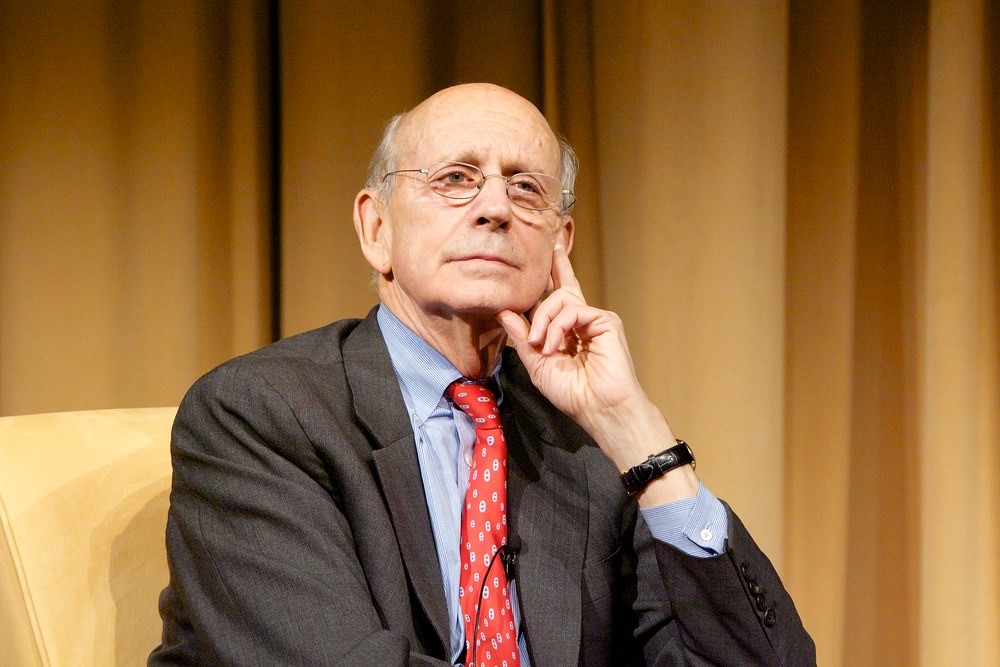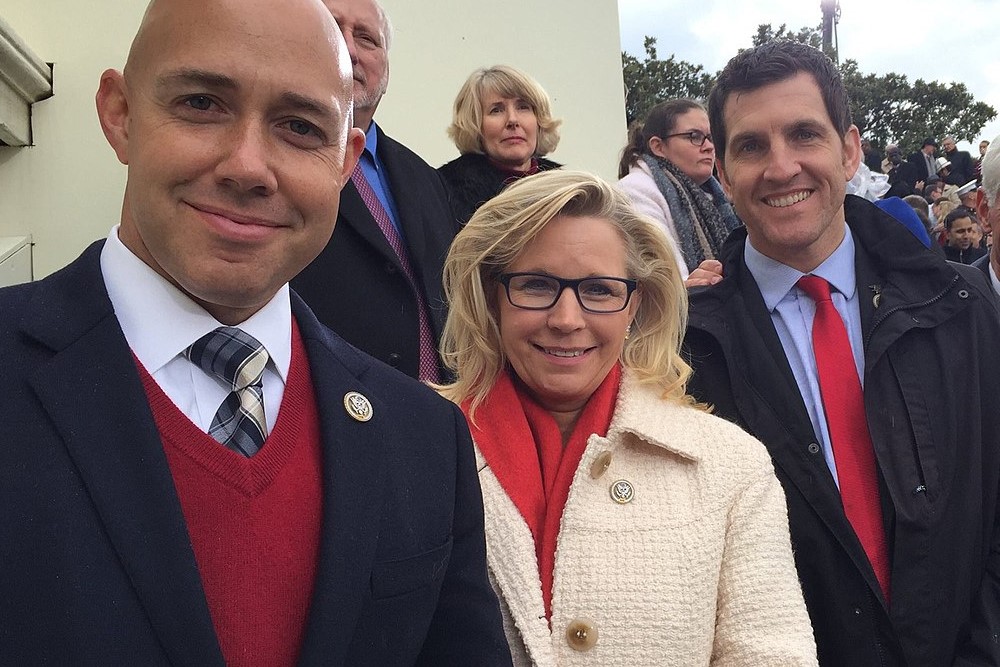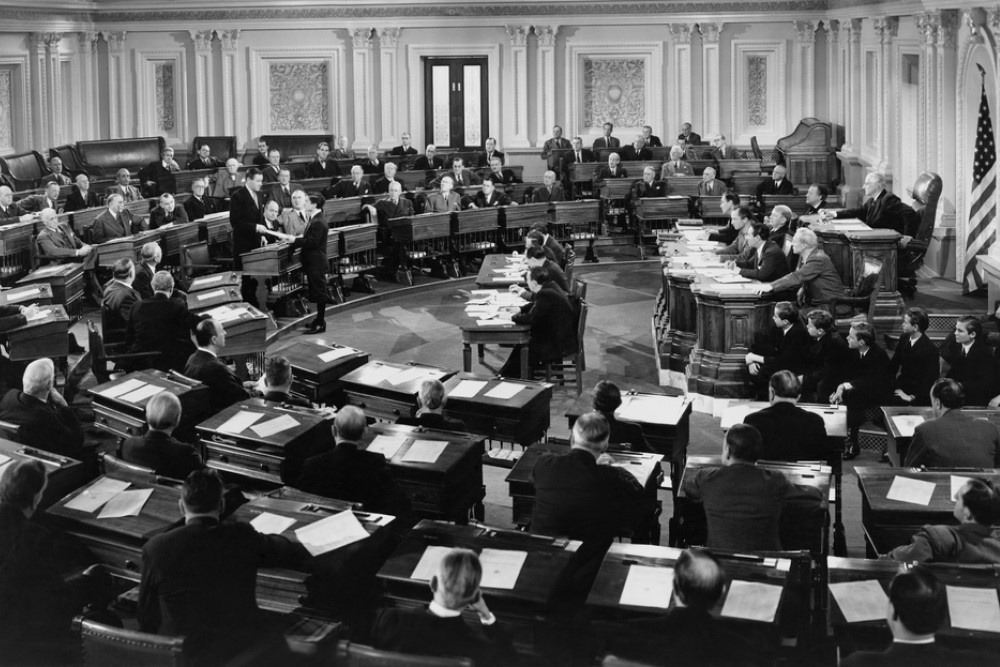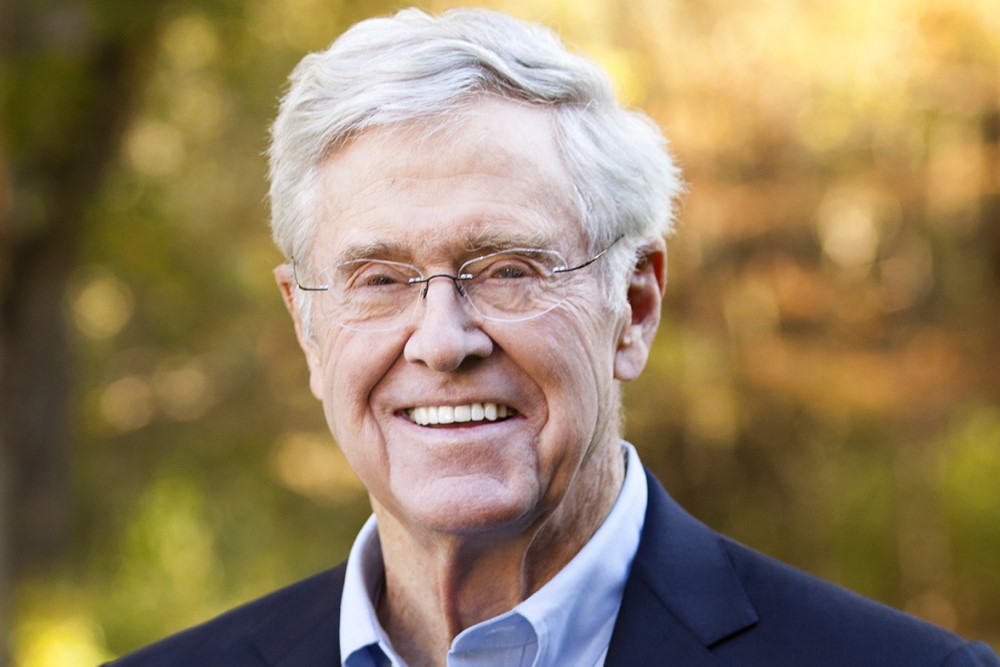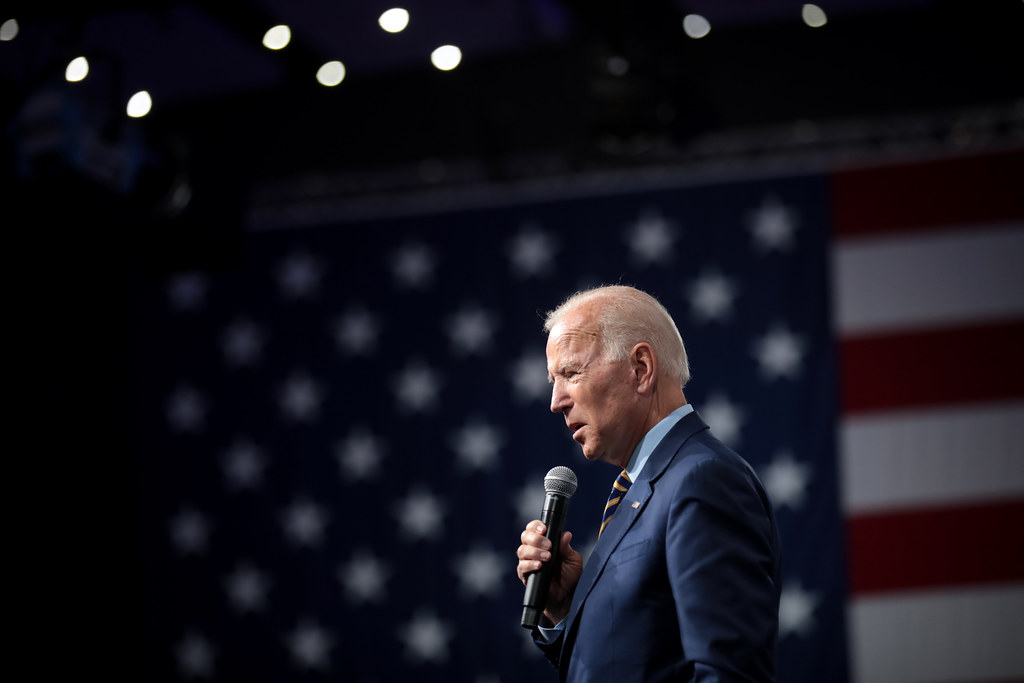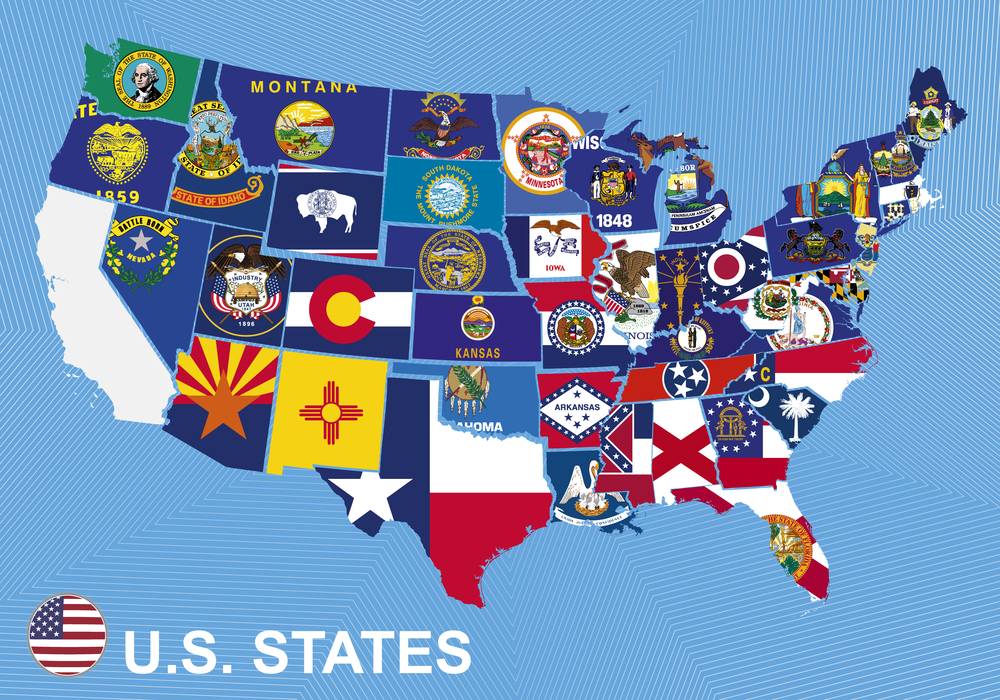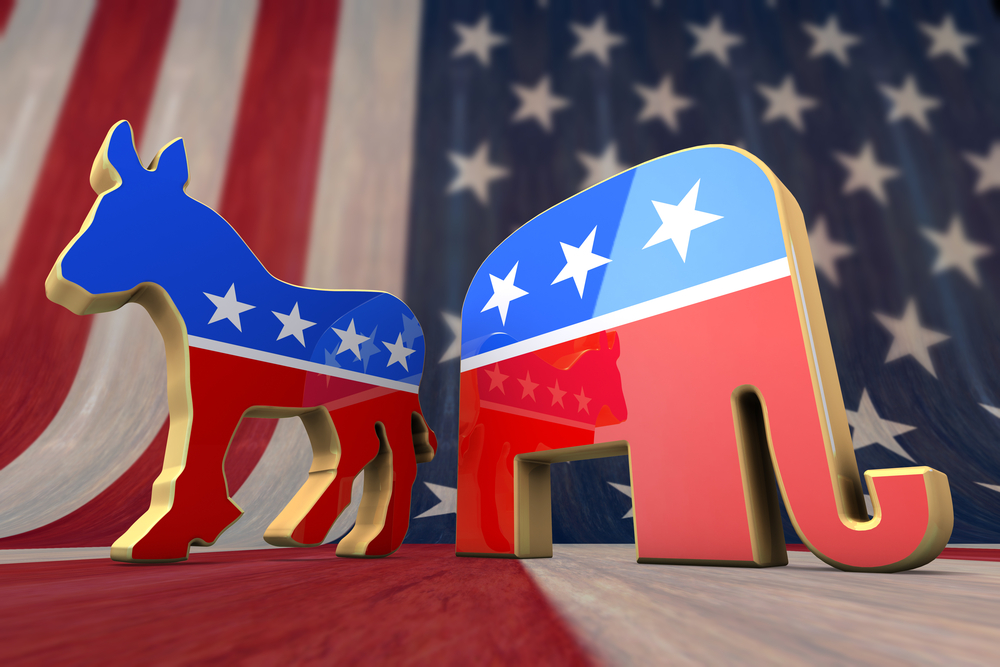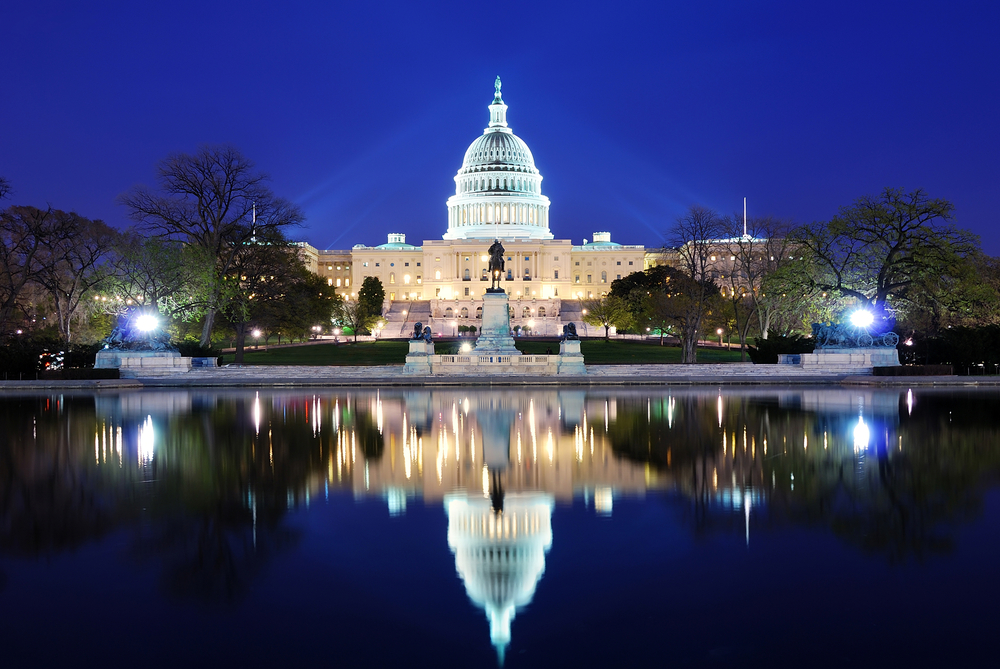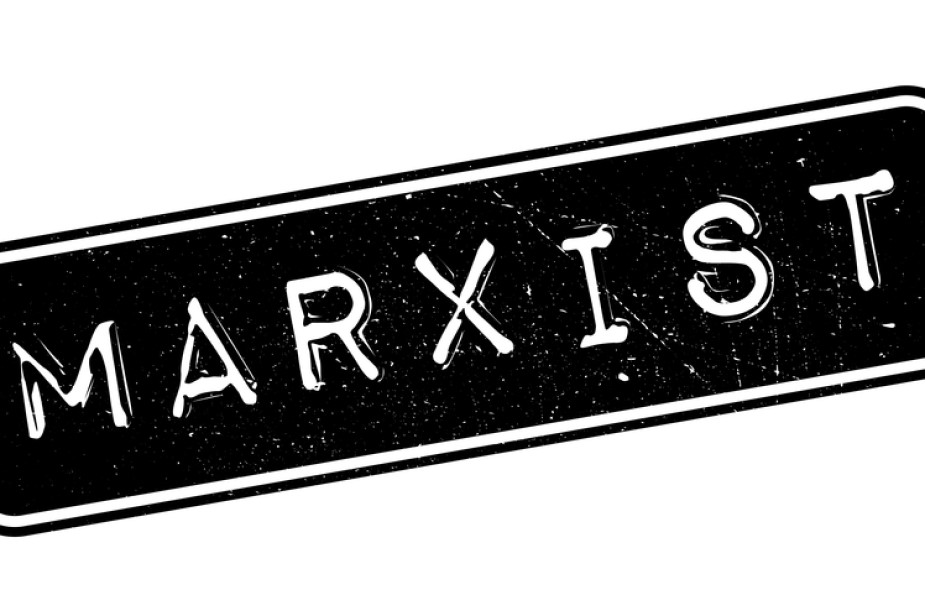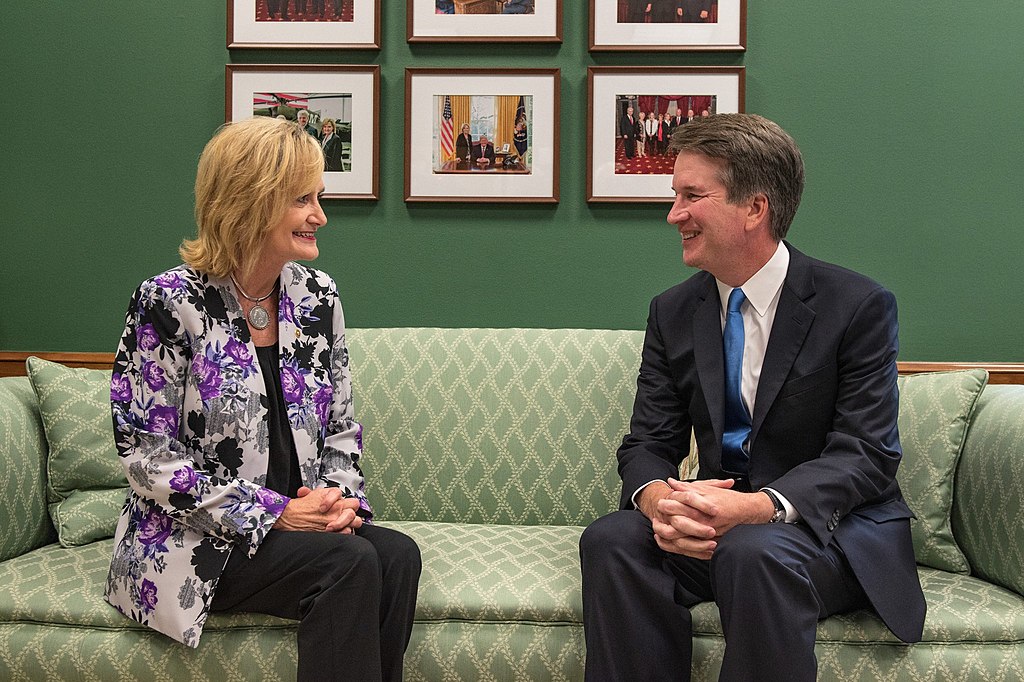Our political affiliations affect us in many ways, influencing how we vote, where we live, and even who we connect with as friends. But let’s take a moment to consider not just how our political affiliations influence how we vote, but also what we believe. Before reading the rest of this article, pause and consider how you would answer each of the following questions:
Is abortion morally wrong in most circumstances?
Should homosexual couples be allowed to marry?
Is illegal immigration into the United States a serious problem?
Should the United States federal minimum wage be raised?
Is it okay to consider race when making college admissions decisions?
Chances are, if someone knows your answer to one of these questions, they could probably predict how you answered the others. If you said that the United States should not raise its federal minimum wage, then you likely also said that abortion is wrong in most circumstances, and if you thought that homosexual couples should be allowed to marry, you probably also think that race should be a factor in college admissions.
But this is rather surprising. After all, these issues are very complex. To decide whether we should raise the minimum wage, we would need to know a good deal of economics, and to settle whether abortion is wrong, we would need to know a fair bit of ethical theory. Furthermore, these questions appear to be unrelated. What does the morality of abortion have to do with the minimum wage? And what does college admissions have to do with illegal immigration? Having a particular position on whether we should raise the minimum wage seems to have very little, if anything, to do with deciding who gets into college.
Because these issues are both complex and unrelated, someone that is not familiar with United States politics would probably expect that people’s opinions would be all over the map. Just because a person thinks that homosexual couples should be allowed to marry does not mean that they will think that illegal immigration is not a serious problem. But this, of course, is not what we find. Instead, the answers that people give to these questions are highly correlated. If someone thinks that affirmative action is okay, then they are much more likely to think that the minimum wage should be raised.
The reason we can predict how people will answer is because of our political affiliations. Republicans and Democrats tend to give diverging answers to the above questions, and so the party that you typically vote for can be used to predict what your answers will be. So just by knowing what party you vote for, we can anticipate what you think about issues ranging from abortion to affirmative action to minimum wage laws.
Perhaps this is not much of an issue. After all, maybe the political party you chose is the right one, and it gets things correct the vast majority of the time. But is this really plausible? Let’s examine a couple possibilities.
It could be, for example, that one political party is simply more intelligent than the other. There has been research suggesting that Republicans IQ scores might be 1-3 points higher than Democrats, but other research has shown that, once we take socioeconomic status into account, those differences disappear. And both Republicans and Democrats make the same sorts of logical errors when evaluating arguments for and against their respective positions.
It could also be that one side has respect for experts and defers to their opinions while the other does not, enabling the former to be right far more often than the latter. But again, the evidence here is mixed at best. While Republicans may be less likely to listen to the experts when it comes to anthropogenic climate change, their views on economic policy are more aligned with economists than those of Democrats.
So maybe there is not a good reason to think that one political party gets things mostly right, while the other side gets things mostly wrong. But if we do not have a strong reason to think that Democrats are consistently better at answering political questions than Republicans, or vice versa, then we are faced with a bit of a dilemma. If our opinions on many complex and unrelated political issues are best explained by our party affiliation, and we have no reason to think that one side is right more often than the other, then maybe we ought to be less confident in our political beliefs.
One way to put this plan into action would be to become more intellectually humble. Not only does intellectual humility reduce polarization and increase empathy, but most importantly for our purposes, intellectual humility increases how open we are to considering opposing points of view. Maybe if we were all a bit more intellectually humble, we would be less likely to simply parrot the beliefs of our chosen political party.
But even though it might seem obvious that we could all benefit from having some intellectual humility, some have argued that this comes with certain political drawbacks as well. In order to thrive, democracies not only need their citizens to take care when forming their political beliefs, but democracies also need their citizens to put those beliefs into action by becoming civically engaged. But at the same time that intellectual humility opens us up to reconsidering our political beliefs, it also makes us less politically involved. As our confidence that our way of seeing the world is correct decreases, we also lose some of our motivation to make sure our views are politically enforced.
Is there any middle ground here? Can we stay civically engaged while at the same time growing in intellectual humility? Perhaps there is a way to balance the two considerations, but it will likely transform our current forms of political participation. Instead of engaging in politics like overly confident activists, we might think long and hard about a single issue before taking a stand. Instead of dreaming up grand ways that the government should transform society, we might admit that any utopian vision likely has many unforeseen flaws. And instead of rushing to judgment, we might admit that we do not know the answers to many of the questions our society faces.



